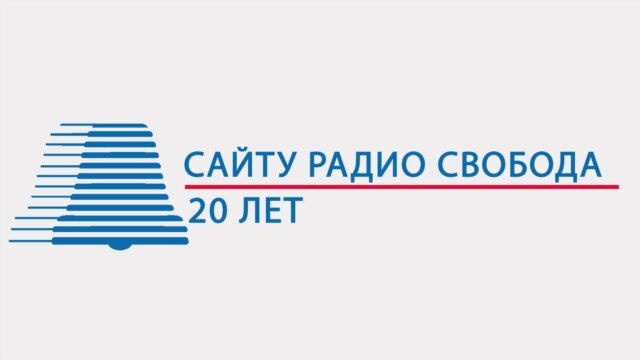RFE/RL’s Radio Svoboda Celebrates 20 Years Online
Radio Free Europe/Radio Liberty’s (RFE/RL) Radio Svoboda multimedia website is a far cry from its humble origins in August, 1997, when the Russian Service first began publishing online.

Radio Free Europe/Radio Liberty’s (RFE/RL) Radio Svoboda multimedia website is a far cry from its humble origins in August, 1997, when the Russian Service first began publishing online.
The website’s original four sections, divided among “Human Rights,” “Russia,” “Time and Peace,” and “Culture,” have proliferated into a fast-moving, multi-platform news and information hub that receives 16 million page views and 7 million visits every month.
“The Internet in Russia was just beginning to develop and everything was very slow, like life in the countryside. Now we are in the big city, so to speak, and everything moves a hundred times faster,” said Russian Service Editor in Chief Dmitri Volchek, who has worked for the Russian Service for almost three decades. He sat down with RFE/RL’s Pressroom to discuss the website’s evolution and the trajectory of Russia’s media over the last 20 years.
RFE/RL Pressroom: How has Radio Svoboda’s website changed since 1977?
In 1997 we had no modern multimedia design. The website consisted mainly of text, and even pictures were scarce, not to mention video. Our main platform was radio, and the website contained news and transcripts from our radio programs. There were fewer updates and no social networks – just several forums.
We now have more video, live talk shows, and documentaries both for our website and for the new Current Time TV channel. We are on Facebook, Twitter, YouTube, LiveJournal, Instagram, VKontakte and other social networks.
Pressroom: How many people does Radio Svoboda reach online?
We had almost 200 million visitors in 2016 – almost double the audience we had in 2014. They were mostly from Russia but also from Ukraine (13 percent) and the United States (11 percent). We also have 189 000 followers on YouTube, 273 000 on Twitter, and 496 000 on Facebook.

Pressroom: What challenges does the website face?
“Every year, media in Russia becomes less free and state propaganda increasingly distorts reality.” Magnificent independent newspapers and magazines that existed in Russia in 1997 either no longer exist at all, or they have changed beyond recognition. In this sense, our mission – to tell the truth about what is happening in Russia – is increasingly important. The attacks on us from pro-Kremlin media are more and more violent, which is probably a sign of our success.
Every year, media in Russia becomes less free and state propaganda increasingly distorts reality.
Pressroom: Which stories get the most reads?
Everything about Vladimir Putin and his coming to power attracts an audience. For several years, we published recollections of people who knew Putin before he became president. I did a series of interviews with businessman Maxim Freidzon, who not only knew Putin and his friends from the criminal underworld, but had also personally bribed Putin, who was an official of the St. Petersburg mayor’s office at the time. Articles about the crimes of Stalin, who is a kind of hero again in Putin’s Russia, also attract interest.
Pressroom: Where do you see Radio Svoboda in five years’ time?
We are on the verge of a revolution that will completely transform the Internet. More attention should be given to video and we must follow experiments with virtual reality. Social networks will look and function differently. We must not, however, forget that in Russia, officials constantly talk about the need to censor the Internet, and several sites, such as Graniru.ru and Kasparov.ru, are blocked.
Listen to, or read, in Russian, Ivan Tolstoy’s roundtable, in which the creators of Radio Svoboda’s website discuss two decades of reporting online.
Follow highlights from Radio Svoboda’s 20 years online @RFERLPress.